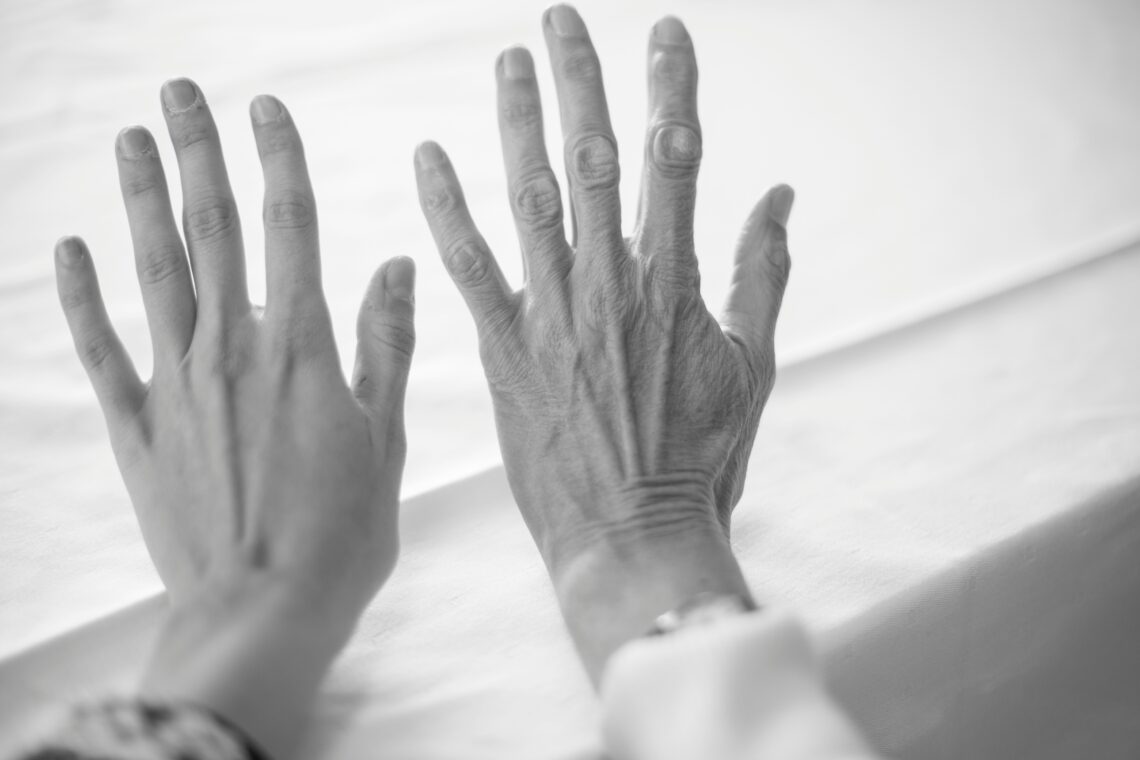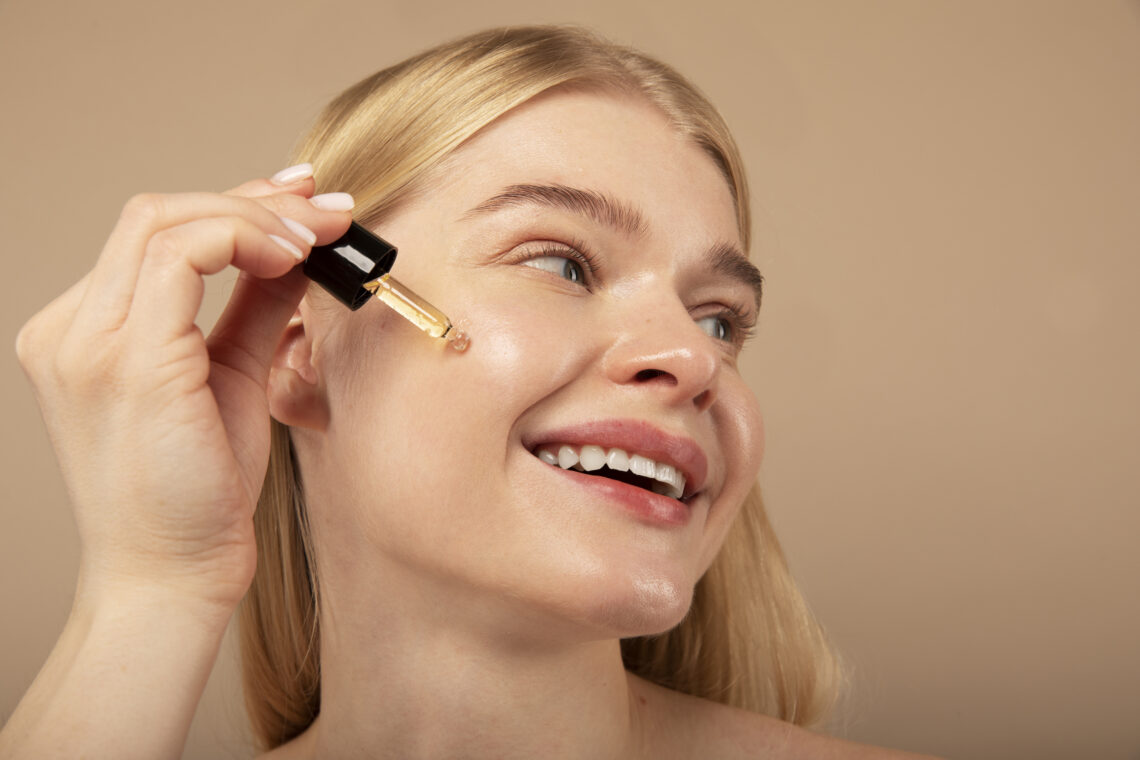What Are Sheet Masks?
Sheet masks are pre-cut masks or hydrogel sheets soaked in a concentrated serum. These masks are typically infused with ingredients such as hyaluronic acid, vitamin C, green tea extract, or niacinamide. They are designed to stick to the contours of your face and are usually left on the skin for 15-20 minutes. The purpose of the sheet is to create a barrier that prevents evaporation of the serum, enhancing ingredient absorption and promoting deeper penetration.
The material used in sheet masks can vary, from cotton to microfiber to bio-cellulose to hydrogel. Each type of material has its own unique texture and application benefits. For example, hydrogel masks stick better to the face and give the illusion of a proper pampering, while bio-cellulose masks are known for their biodegradability and ability to properly adhere to the skin.
Benefits of Sheet Masks
Hydration Boost
Sheet masks are best for providing an instant hydration boost, especially for those with dry or dehydrated skin. Ingredients like hyaluronic acid and glycerine add moisture the skin, therefore creating a plumper and more radiant aftermath.
Convenience
They are pre-soaked and ready to use, sheet masks are mess-free and ideal for travel or quick pampering sessions before going out. There is no requirement to wash your face afterward; you simply pat in the remaining serum, which makes them highly convenient for those with little time.
Targeted Treatment
With various formulations, sheet masks are tailored to specific skincare concerns such as dull skin, anti-aging, soothing, and acne control. Therefore, you can choose one based on your primary skincare needs.
Cooling Effect
Many users enjoy the cooling sensation that sheet masks offer, especially when stored in the fridge. This effect can help soothe inflamed, puffy or even sunburnt skin.
Fast Results
While not a substitute for long-term treatments, sheet masks offer visible improvements in skin texture and hydration in just one use, making them perfect for pre going out skincare.
What Are Traditional Face Masks?
Traditional face masks come in numerous forms such as clay, cream, gel, or peel-off. Unlike sheet masks, these are applied directly to the skin and washed off after so 10-20 minutes. These masks are recommended to be used weekly or biweekly and provide deeper cleansing, exfoliation, or nourishing effects depending on the ingredients within.
Common types include:
- Clay Masks: Best for those with oily and acne-prone skin as these masks can pull out oil and impurities from the skin.
- Cream Masks: Best for dry or mature skin, as it offers both hydration and soothing effects to give a more youthful appearance.
- Gel Masks: Lightweight and often packed with calming ingredients like cucumber or aloe vera ideal for those with inflamed skin.
- Peel-Off Masks: Designed to remove dead skin cells and impurities, offering instant smoothness for those going out.
Benefits of Traditional Face Masks
Deep Cleansing
Clay and charcoal masks are highly effective in drawing out impurities, toxins, and unclogging pores. Therefore, reducing the chances of acne breakouts.
Exfoliation
These masks include chemical exfoliants like AHAs (glycolic acid) or BHAs (salicylic acid), which help skin cell turnover which subsequently improves skin texture.
Customisability
You can target different areas of your face with different masks, which is a commonly known as multi-masking. This is beneficial for those with combination skin types that have varied concerns in different zones as each skincare concern can be addressed simultaneously.
Skin Detoxification
Ideal for those living in high pollution areas such as the city, many traditional masks detoxify and revitalize the skin affected by pollution and environmental stressors.
Pore Tightening
Certain masks have ingredients such as witch hazel which can temporarily tighten pores and smooth the skin’s surface.
Which One Should You Choose?
Choosing between sheet masks and traditional face masks depends on your skin type, lifestyle, and specific skin concerns.
- For Dry Skin: Sheet masks with hyaluronic acid, ceramides, or snail mucin provide intense hydration without the drying effect of clay.
- For Oily or Acne-Prone Skin: Clay-based masks consist of ingredients like bentonite, salicylic acid, or sulphur to help control sebum and reduce breakouts through drawing out any impurities in the skin.
- For Sensitive Skin: Choose gentle sheet masks with soothing ingredients like aloe vera, calendula, or centella asiatica. Those with sensitive skin should avoid fragranced or alcohol-heavy masks to not irritate the skin.
- For Dull Skin: Brightening sheet masks with vitamin C or niacinamide offer a lasting glow, another option is exfoliating traditional masks with lactic acid which will improve tone over time.
- For Anti-Aging: Sheet masks with peptides and collagen provide short-term plumping, while traditional masks with retinol offer long-term benefits.
Combining the Two for Best Results
Many dermatologists advocate using both types of masks in your routine. For instance, you could start your week with a detoxifying clay mask to clear pores, and follow up mid-week with a hydrating sheet mask. This combination balances purification with replenishment, enhancing your skin’s overall health.
Pro Tips for Masking:
- Use masks on clean, exfoliated skin for better absorption.
- Don’t leave masks on too long; follow the given time period to avoid irritation or reverse effects from the mask.
- Follow up with a good moisturiser to lock in the serum and the benefits.
- Avoid multi-masking or layering masks unless you’re experienced and aware of ingredient interactions.
Conclusion
The choice between sheet masks and face masks doesn’t have to be solely one or the other. Incorporating both into your routine allows you to address a wider range of skin concerns you may have. While sheet masks offer hydration and ease, these are perfect for a quick fix or regular maintenance. Whilst traditional masks provide intensive treatment for deeper issues with your skin. The key is to listen to your skin’s changing needs, and you’ll see the rewards of both forms of self-care.



